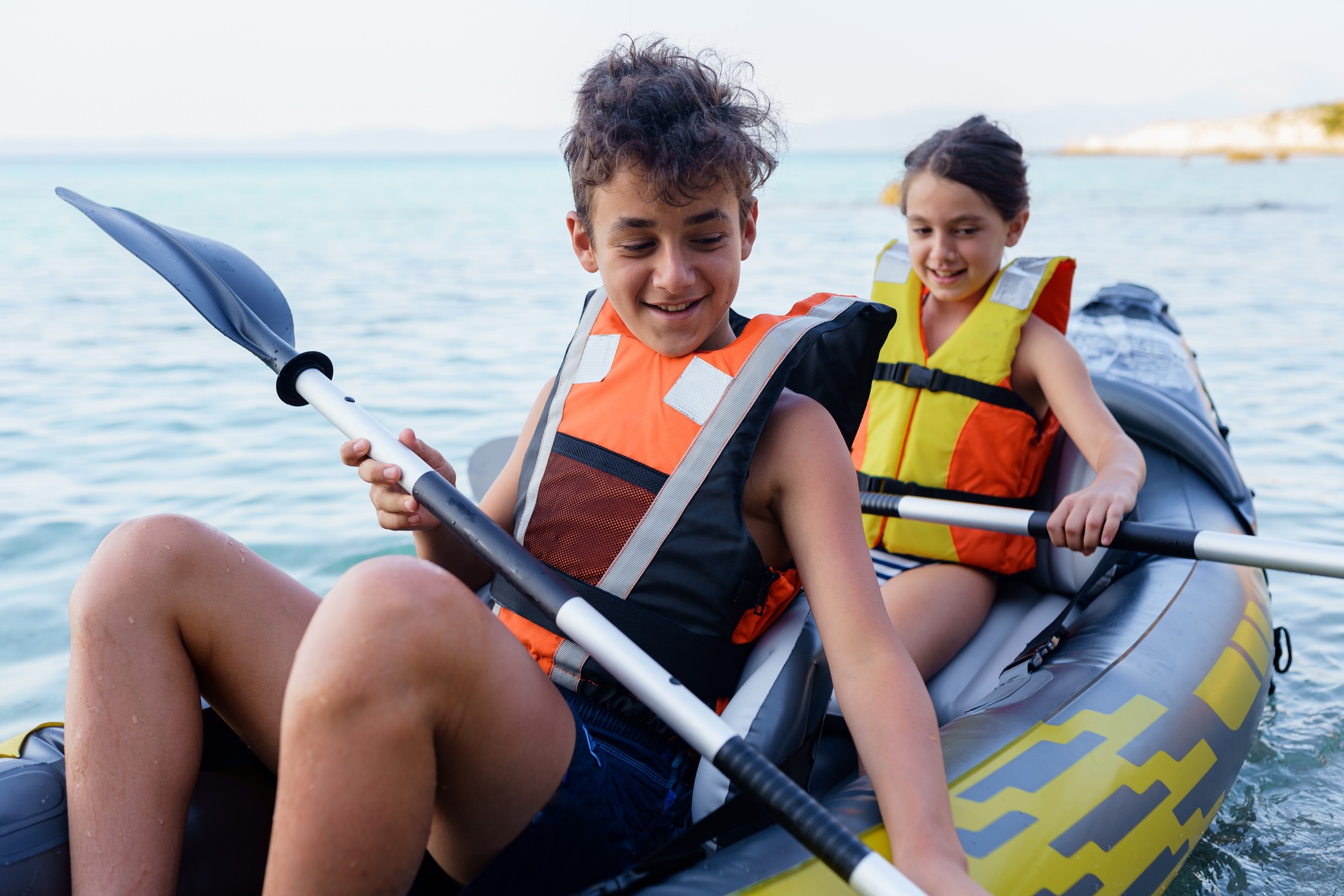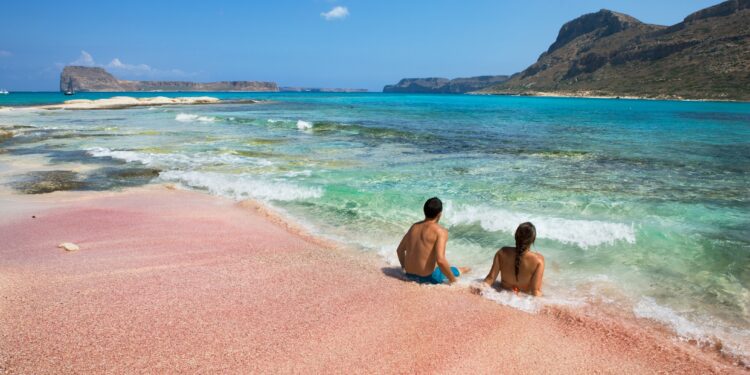Golden sands, turquoise waters, endless sunshine—Greece’s beaches are the stuff of dreams. But to make sure your beach days stay memorable for the right reasons, it’s important to keep a few safety tips in mind.
Whether you’re lounging in the Cyclades or snorkeling off the coast of Crete, here’s how to enjoy the sun, sea, and swimming while staying safe.
Sun Safety: Respect the Power of the Greek Sun
The Mediterranean sun can be stronger than you expect—especially between 11 AM and 4 PM.
Top tips:
-
Apply high-SPF sunscreen (30 or above) every two hours—and after swimming.
-
Wear a wide-brimmed hat, sunglasses with UV protection, and a lightweight cover-up.
-
Stay hydrated by drinking plenty of water. Alcohol and coffee don’t count!
-
Take shade breaks regularly, especially during peak hours.
💡 Pro tip: Many organized beaches offer umbrellas and sunbeds—use them!
Beach Basics: Staying Smart on the Sand
Greek beaches are generally very safe, but it’s still smart to be cautious.
Remember:
-
Watch your belongings. Petty theft is rare but possible on crowded beaches.
-
Respect local signs and rules. Some beaches have protected ecosystems—especially where sea turtles nest.
-
Know the beach type. Some beaches, like Vlychada in Santorini or Sarakiniko in Milos, have rocky or volcanic surfaces. Water shoes can be a lifesaver.
Sea Safety: Swim with Care
The Greek sea looks calm and inviting—but don’t underestimate it.
Swimming tips:
-
Swim at organized beaches where lifeguards are present, especially if you’re not a strong swimmer.
-
Check the flag system: Red means danger, yellow signals caution, and green means safe.
-
Beware of sudden depth changes. Some beaches shelve steeply just a few meters from shore.
-
Stay close to shore if you’re unfamiliar with the area or swimming alone.
🌬️ Watch out for strong afternoon winds (“meltemi” winds), common in the Aegean. They can make swimming more challenging, even at beaches that seem calm in the morning.

Watersports & Activities: Safety First
Planning to jet-ski, parasail, or paddleboard? Good choice—Greek waters are perfect for it. But:
-
Always use licensed operators who provide proper safety gear.
-
Double-check insurance coverage if booking adventurous activities.
-
Follow all instructions carefully, especially in high-traffic areas like Mykonos or Rhodes.
Bonus: Respecting Nature
Greece’s coastline is home to stunning marine life, from colorful fish to the endangered loggerhead sea turtles (Caretta caretta).
-
Don’t disturb wildlife or their nests—especially on beaches like Zakynthos’ Laganas Bay.
-
Use eco-friendly sunscreen to avoid harming marine ecosystems.
Small choices help protect these beautiful beaches for generations to come.
Soak Up the Greek Sunshine Safely
A little preparation goes a long way. With a few smart habits, you can spend your days basking, swimming, and exploring Greece’s iconic beaches—without a worry in the world.
Because in Greece, the only thing you should be “worrying” about… is which beach to visit next.










